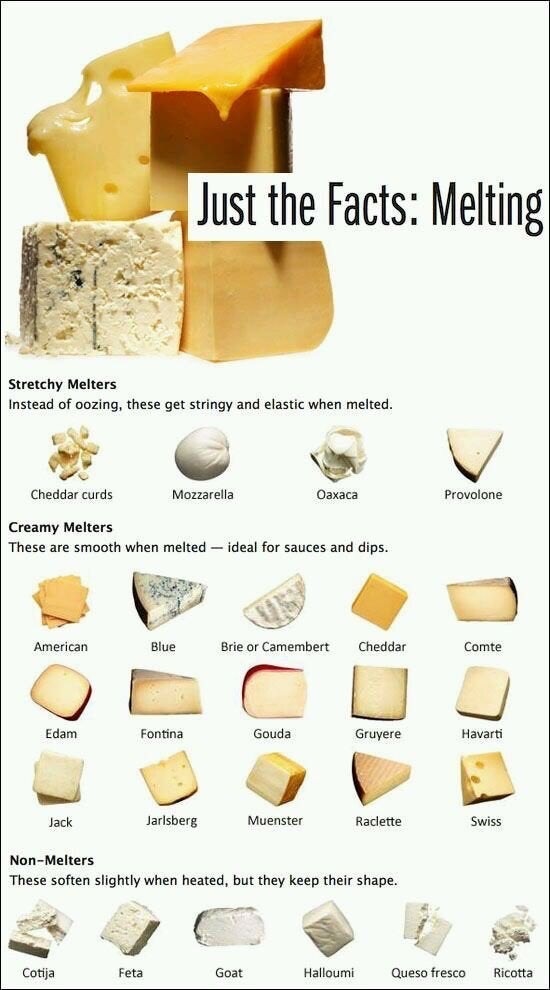Cool Guides
Rules for Posting Guides on Our Community
1. Defining a Guide Guides are comprehensive reference materials, how-tos, or comparison tables. A guide must be well-organized both in content and layout. Information should be easily accessible without unnecessary navigation. Guides can include flowcharts, step-by-step instructions, or visual references that compare different elements side by side.
2. Infographic Guidelines Infographics are permitted if they are educational and informative. They should aim to convey complex information visually and clearly. However, infographics that primarily serve as visual essays without structured guidance will be subject to removal.
3. Grey Area Moderators may use discretion when deciding to remove posts. If in doubt, message us or use downvotes for content you find inappropriate.
4. Source Attribution If you know the original source of a guide, share it in the comments to credit the creators.
5. Diverse Content To keep our community engaging, avoid saturating the feed with similar topics. Excessive posts on a single topic may be moderated to maintain diversity.
6. Verify in Comments Always check the comments for additional insights or corrections. Moderators rely on community expertise for accuracy.
Community Guidelines
-
Direct Image Links Only Only direct links to .png, .jpg, and .jpeg image formats are permitted.
-
Educational Infographics Only Infographics must aim to educate and inform with structured content. Purely narrative or non-informative infographics may be removed.
-
Serious Guides Only Nonserious or comedy-based guides will be removed.
-
No Harmful Content Guides promoting dangerous or harmful activities/materials will be removed. This includes content intended to cause harm to others.
By following these rules, we can maintain a diverse and informative community. If you have any questions or concerns, feel free to reach out to the moderators. Thank you for contributing responsibly!
view the rest of the comments

Where are the other about 800 cheeses?
Soft cheese = stringy melt
Young/semi-firm cheese = creamy melt
Aged/hard cheeses = no/difficult to melt
Exceptions: halloumi and paneer will sear like meat and not melt
Pecorino and parmesan can be melted but will precipitate out of sauces if they are brought above 180 f (82.2 c)
An article on the science of cheese melting for the curious
I know, right! It would be cool to have info on some other common cheeses as well.
I'm wondering primarily which category parmesan falls under, but I think it's more on the meltier side.
I know Parmesan melts, but only at relatively high temperatures and not that well.
If you want something similar enough to Parmesan that melts, get Asiago.
We're fresh out
The super non-melty ones? Gordon Ramsay has them to make grilled cheese sandwiches.